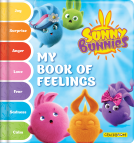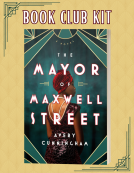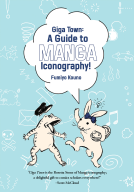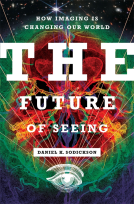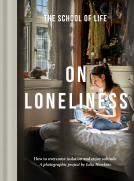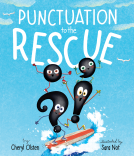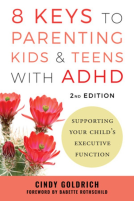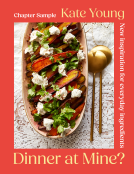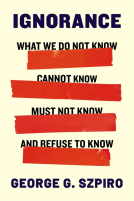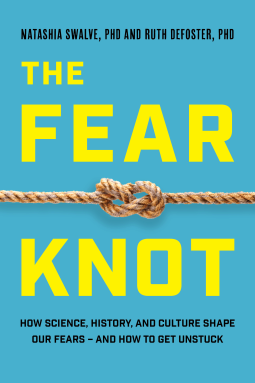
Fear Knot
How Science, History, and Culture Shape Our Fears – and How to Get Unstuck
by Natashia Swalve; Ruth DeFoster
This title was previously available on NetGalley and is now archived.
Send NetGalley books directly to your Kindle or Kindle app
1
To read on a Kindle or Kindle app, please add kindle@netgalley.com as an approved email address to receive files in your Amazon account. Click here for step-by-step instructions.
2
Also find your Kindle email address within your Amazon account, and enter it here.
Pub Date Oct 14 2025 | Archive Date Sep 01 2025
Globe Pequot | Prometheus
Talking about this book? Use #TheFearKnot #NetGalley. More hashtag tips!
Description
The Fear Knot examines our most common deeply held fears, unpacking which are valid and which are misguided, explaining the history of how our irrational fears developed, and how we can unlearn them. We live in a world seemingly rife with danger, a villainous stranger or new deadly bacteria lurking around every corner. So how do we sort through these fears, determining which are well-founded and which have been manufactured? How can our biases and psychology allow these fears to overtake us, and how can we learn to think logically in a world driven by sensationalism?
In this lively and timely tour, psychologist Natashia Swalve and journalism professor Ruth DeFoster lead readers through the history and psychology behind our most visible and sensational cultural fears, beginning with the most personal—fear within our bodies—and moving outward to the home, our country, and finally to our broadest society-level fears. From micro fears, like how our fear of vaccines has led to measles epidemics, to the broad existential dread associated with climate change and gun violence, The Fear Knot examines the toll our fears take on us, on an individual and societal level. Exploring how shared culture, media consumption, and even our own brain can help drive incorrect beliefs about risk, Swalve and DeFoster help readers to make informed, evidence-based decisions about fear and risk— and along the way, to learn how to think critically, examine your own beliefs, and become confident consumers of media and popular culture.
Combining psychology and journalism in short, light-hearted chapters, The Fear Knot gives readers a fresh look at Americans’ perceptions of risk and danger, with an emphasis on how to recognize misinformation or biases, updated to include the most recent fears that Americans face in the 21st century— and the real dangers that we may be ignoring.
Marketing Plan
Galley sent to trade publications and long-lead media
Promotion on a number of book-related and science-focused sites
Select author appearances
Podcast Campaign
NPR's Book of the Day
I'll Read What She's Reading
Psych Everywhere
Speaking of Psychology
Available Editions
| EDITION | Other Format |
| ISBN | 9781493085590 |
| PRICE | $29.95 (USD) |
| PAGES | 344 |
Available on NetGalley
Average rating from 3 members
Readers who liked this book also liked:
Carine Laforest;
Children's Fiction
We Are Bookish
Historical Fiction, Literary Fiction, Multicultural Interest
Fumiyo Kouno
Arts & Photography, Comics, Graphic Novels, Manga, Reference
Cindy Goldrich
Health, Mind & Body, Parenting, Families, Relationships
